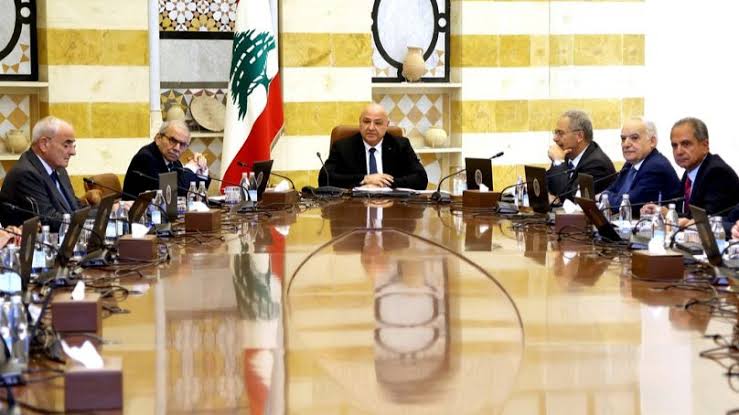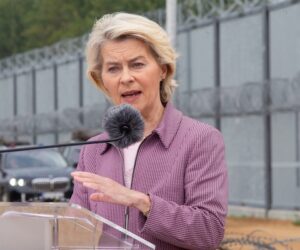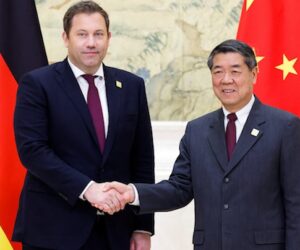Lebanon’s cabinet on Friday endorsed an army proposal to disarm Hezbollah, a move that underscores the country’s deepening political rift but leaves many questions unanswered.
The plan, presented by army commander Rodolphe Haykal during a three-hour cabinet session, marks the first official step toward addressing one of Lebanon’s most contentious issues. However, no timeline for implementation was set, and ministers acknowledged the army’s limited logistical and material capabilities could slow progress.
Information Minister Paul Morcos said the government had welcomed the proposal but stopped short of declaring it formally adopted. He added that details of the plan would remain confidential and stressed that its execution would require “additional time and additional effort.”
The meeting was thrown into turmoil when all five Shi’ite cabinet ministers walked out in protest as Haykal entered the room. Hezbollah allies immediately rejected the move, with Labour Minister Mohammad Haidar warning that any decision taken in the absence of Shi’ite representation would be “null and void,” citing Lebanon’s delicate sectarian power-sharing system.
The debate over Hezbollah’s weapons has intensified since last year’s war with Israel, which disrupted a balance of power long shaped by the Iran-backed group. Calls for Hezbollah’s disarmament have grown louder from the United States, Saudi Arabia, and domestic opponents, particularly within Lebanon’s Christian and Sunni political blocs.
Hezbollah, however, has fiercely resisted disarmament discussions, arguing that surrendering its arsenal while Israel continues airstrikes and maintains an occupation in southern Lebanon would be a grave mistake. Four people were killed in Israeli strikes on Wednesday, further fuelling the group’s position.
The cabinet’s endorsement of the army plan is likely to inflame tensions in a country already strained by political paralysis, economic collapse, and the aftermath of war. With no clear timeline and no consensus among Lebanon’s factions, the future of the initiative remains uncertain.
Melissa Enoch
Follow us on:








